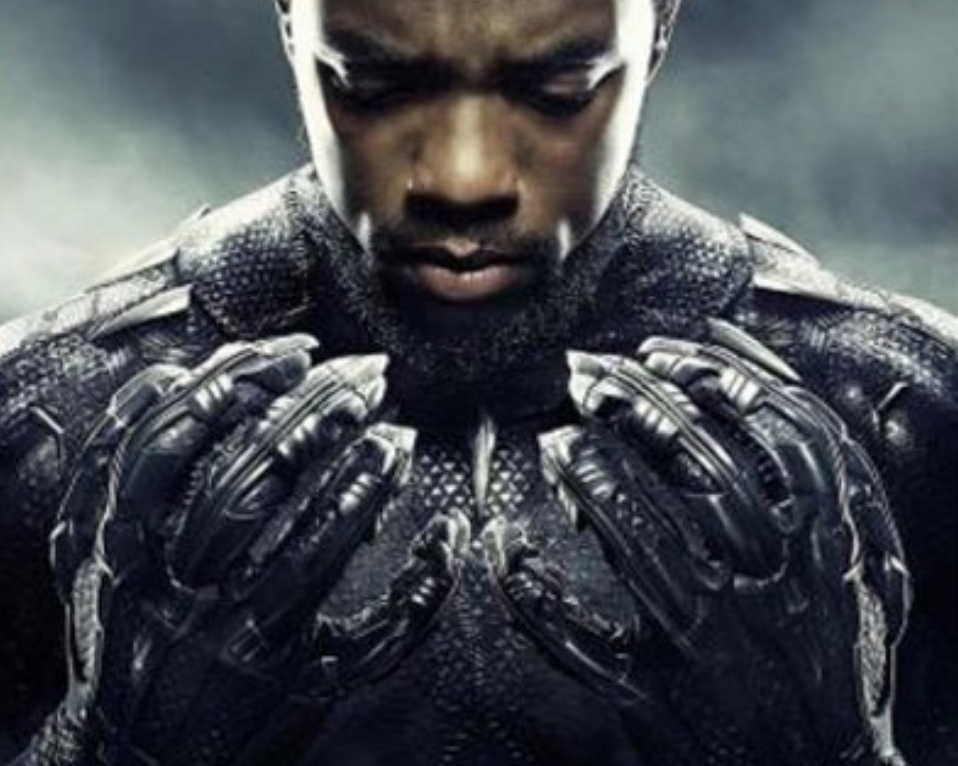The Byrds' classic "Turn! Turn! Turn!" didn't sound like anything on the radio when it hit No. 1 on the Billboard charts in 1965.
For starters, the lyrics came from the Book of Ecclesiastes, noting "there is a season, and a time for every purpose, under Heaven. A time to be born, a time to die. A time to plant, a time to reap. A time to kill, a time to heal. A time to laugh, a time to weep."
What critics failed to realize, said Byrds co-founder Chris Hillman, was that covering the late Pete Seeger's classic was a logical move for musicians steeped in American roots music. Songs about struggle, glory, sacrifice and faith were common in early '60s folk concerts.
"Where did all of our music come from? Blues and Gospel. … White church, black church, the music all came from church," said Hillman, in a recent interview. "With the Byrds, we went right to that well. We didn't think twice about it. We didn't say, 'We can't do a Christian song.' "
Hillman's musical roots became more obvious as the Byrds ventured into what many started calling "country rock," especially with the landmark "Sweetheart of the Rodeo" album in 1968. Bluegrass, country and Gospel themes played a larger role as Hillman began writing songs for the Byrds and his later bands.
While the Byrds put him in the Rock & Roll Hall of Fame, it was Hillman's grassroots connections that made history, according to the legend who produced his "Bidin' My Time" solo project in 2017. The late Tom Petty said: "Chris was a true innovator -- the man who invented country rock. Every time the Eagles board their private jet, Chris at least paid for the fuel."
That musical and spiritual journey is clear in Hillman's recent autobiography, "Time Between," with its mix of rock lore and personal reflections. Rather than offering a tell-all about sex, drugs and rock 'n' roll, Hillman focuses on lessons he learned along the way and his love for the musicians who, flaws and all, helped him.










